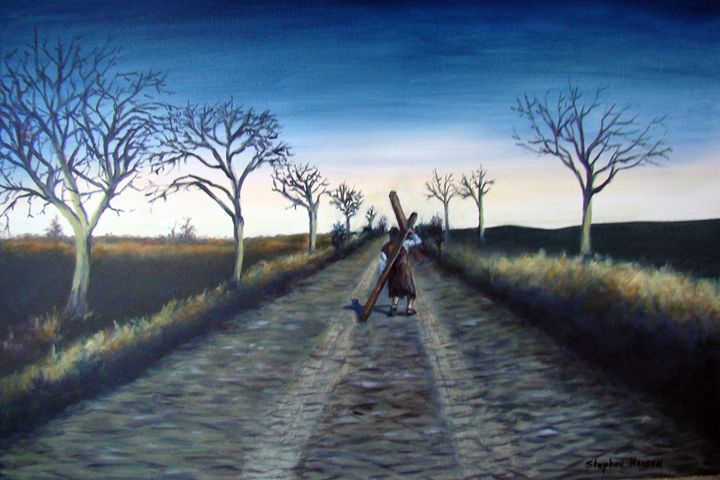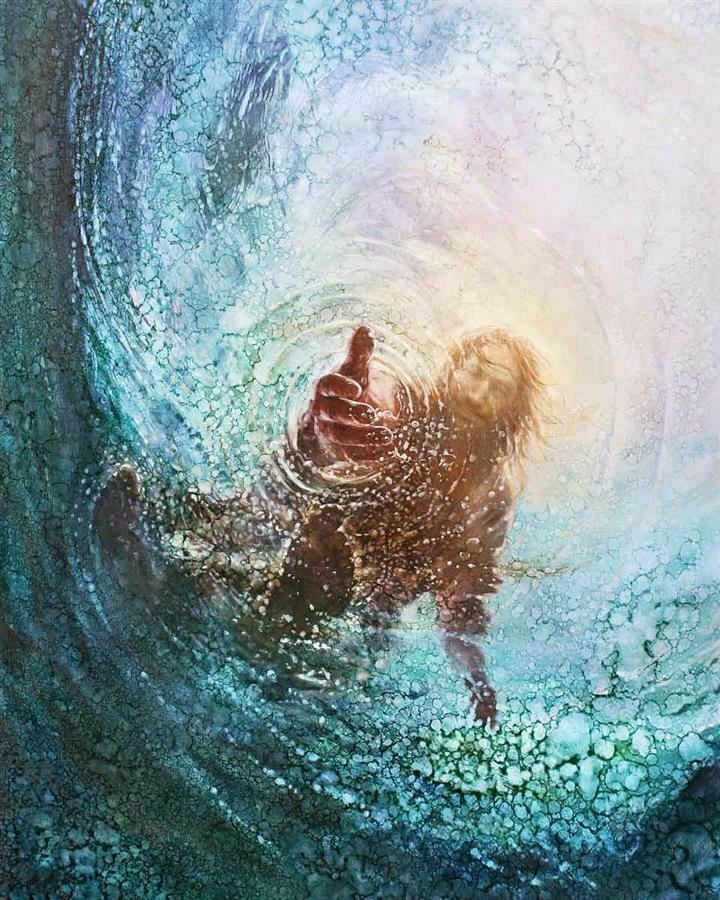Monday, August 31, 2020
23rd Sunday A
Monday, August 24, 2020
22nd Sunday A

Monday, August 17, 2020
21st Sunday A
Monday, August 10, 2020
20th Sunday A

20th Sunday in Ordinary Time A
Readings: Isaiah 56:1,6‑7 Romans 11:13‑15, 29‑32 Matthew 15:21‑28
All religious traditions, including Christianity, can lapse into legalistic exclusivity. Today's readings challenge us with the message that God's plan for salvation includes all peoples: both the Jews and the Gentiles (all other nations). Let us pray in the words of the responsorial psalm: "May the peoples praise you, O God;/ may all the peoples praise you!" (Ps 67:6).
The Isaiah reading is addressed to the Jewish community that has returned from exile and is in the process of restoring the temple destroyed by the Babylonians. In this time of reconstituting a worshiping community, arguments arose over requirements for membership. Some, like the prophet Ezekiel, opposed the admission of foreigners who were "uncircumcised in both heart and flesh" (see Ezek 44:4‑9). In contrast, the anonymous prophet of this Isaiah passage instructs the returning exiles in God's name that righteous foreigners belong in the worshiping community. God's salvation and justice are about to come, and the only important requirement is: to "observe what is right, do what is just." Foreigners, who are willing to "keep the Sabbath free from profanation" and "hold to (the Lord's) covenant," are to be welcomed in the restored temple. “Them I will bring to my holy mountain/ and make joyful in my house of prayer; their holocausts and sacrifices will be acceptable on my altar,/ for my house shall be called a house of prayer for all peoples.”
In Romans Paul continues to struggle with the place of his Jewish ancestors in God's plan for salvation through Jesus the Messiah. In this section he is warning the Gentiles that, although most Jews have not accepted Jesus as the Messiah, this does not mean that the Gentiles are the new chosen people. The Gentiles are, in Paul's metaphor, a "wild olive shoot," grafted on to Israel, "the rich olive tree" (Rom 11:17‑24). If the Jews’ temporary rejection of Jesus has meant reconciliation for the world (the Gentiles), then their acceptance will mean "nothing less than life from the dead!". "God's gifts and his call (to the Jews) are irrevocable." Both Gentiles and Jews are saved by moving from disobedience to an acceptance of God's mercy. For centuries the Gentiles were disobedient because they did not know the Torah, but now they have received mercy at this time when many Jews are disobedient to God's plan for salvation through Christ. In the future Jewish disobedience will also be turned to mercy because, according to Paul, "God has imprisoned all in disobedience that he might have mercy on all."
In Matthew's tension-filled story a foreign Canaanite woman makes a bold demand that Jesus heal her possessed daughter and thereby initiates a new stage of Jesus' mission which begins to envision the inclusion of Gentiles. Surprisingly, this pagan woman addresses Jesus with titles that indicate a deep faith. She cries out, “Lord, Son of David, have pity on me! My daughter is terribly troubled by a demon.” But she receives a harsh rejection. Jesus gives "her no word of response," and his disciples entreat him: “Get rid of her. She keeps shouting after us.” At this point Jesus gives some explanation for his behavior by saying, “My mission is only to the lost sheep of the house of Israel.” The woman refuses to accept Jesus’ answer, and Matthew tells us, "She came forward then and did him homage with the plea, 'Help me, Lord!'" Jesus goes on to use a proverb to defend the idea that he must confine his work to Israel: “It is not right to take the food of sons and daughters (the Jews) and throw it to the dogs (the Gentiles).” Not to be outdone in proverbial wisdom, the persistent woman replies, “Please, Lord, even the dogs eat the leavings that fall from their masters' tables.” Impressed by the woman's wisdom and overwhelmed by her faith, Jesus concludes, “Woman, you have great faith. Your wish will come to pass.” Matthew concludes, "That very moment her daughter got better."
The Canaanite woman's faith and wisdom stand in sharp contrast to the legalism of the religious leaders and the obtuseness of the disciples in the previous incident in Matthew (see 15:1‑20). The scribes and Pharisees from Jerusalem make the ritual cleanliness laws of their elders more important than God's commands to honor the parents, and the disciples fail to understand that it is not what goes into a person from the outside that defiles, but rather the evil intentions that come from the heart: “murder, adultery, fornication, theft, perjury and slander.”
Monday, August 3, 2020
19th Sunday A
 19th Sunday in Ordinary Time A
19th Sunday in Ordinary Time A
